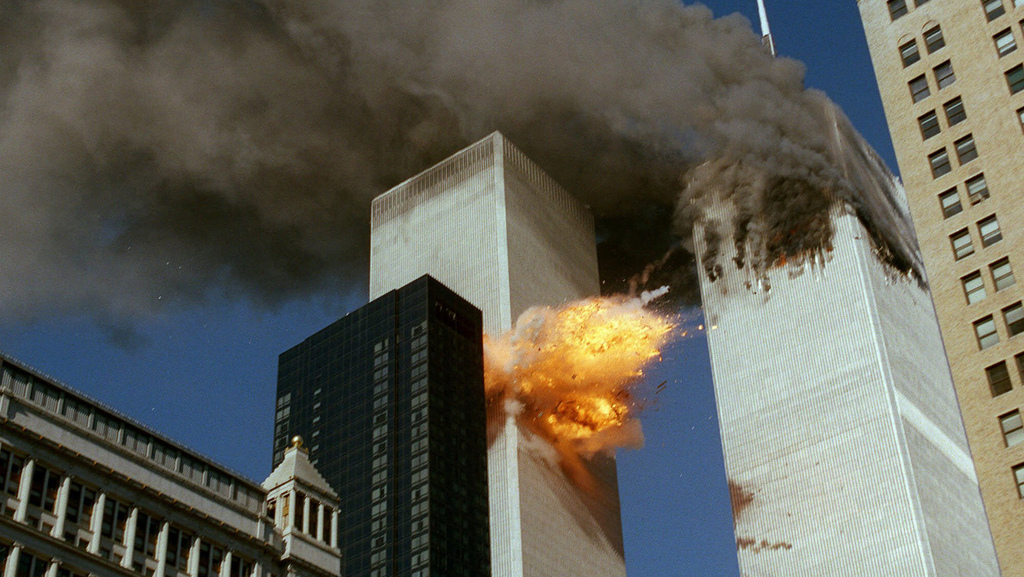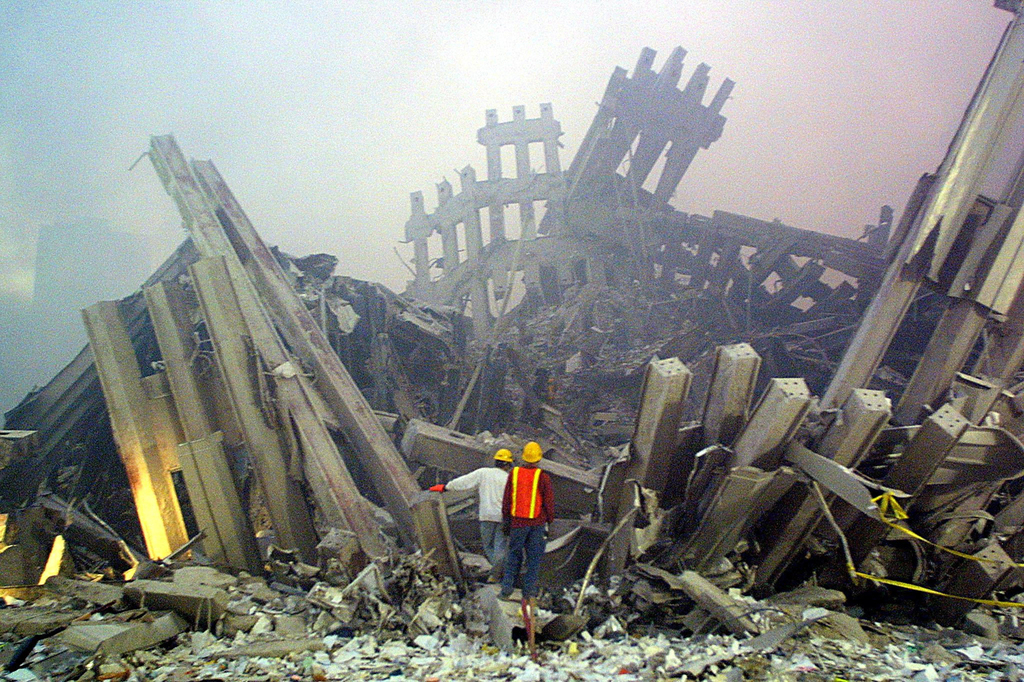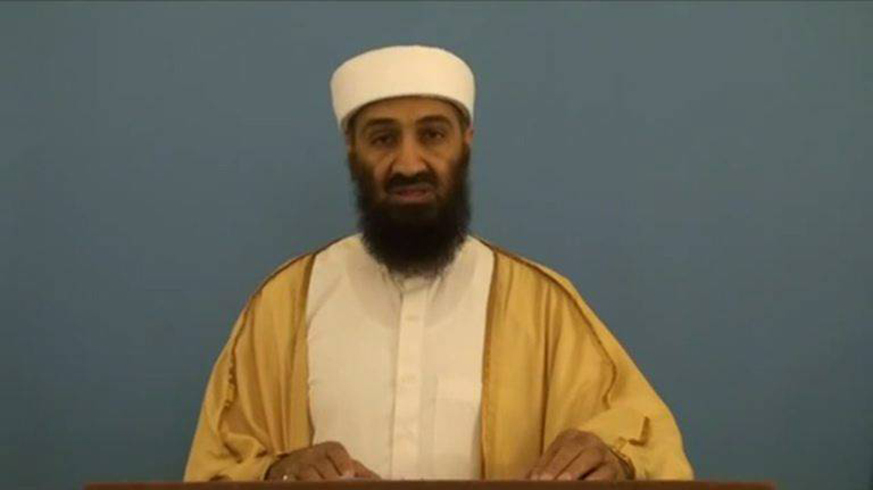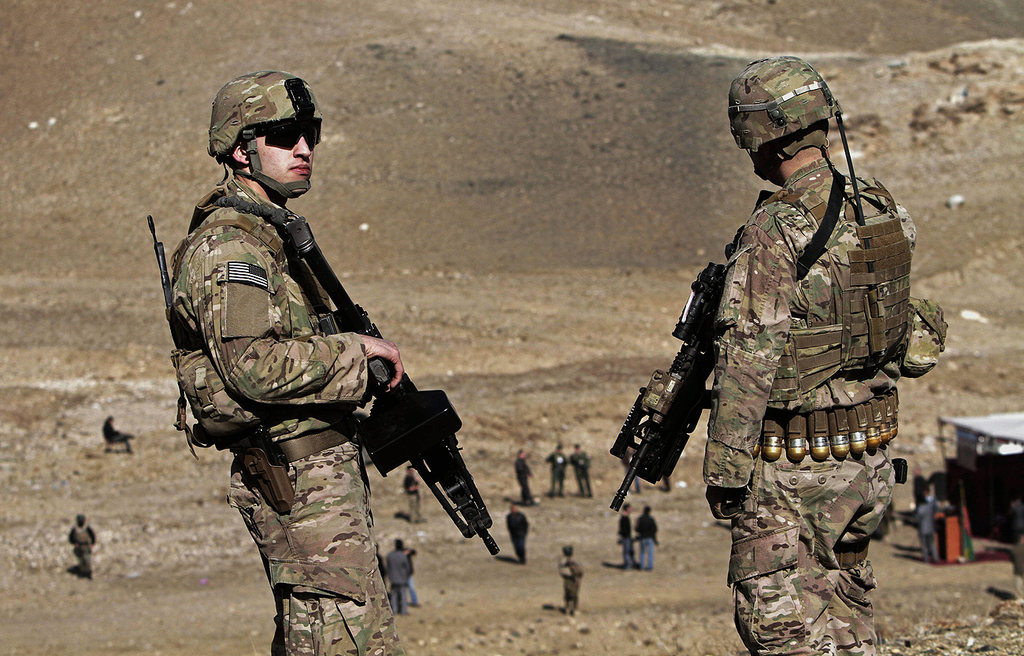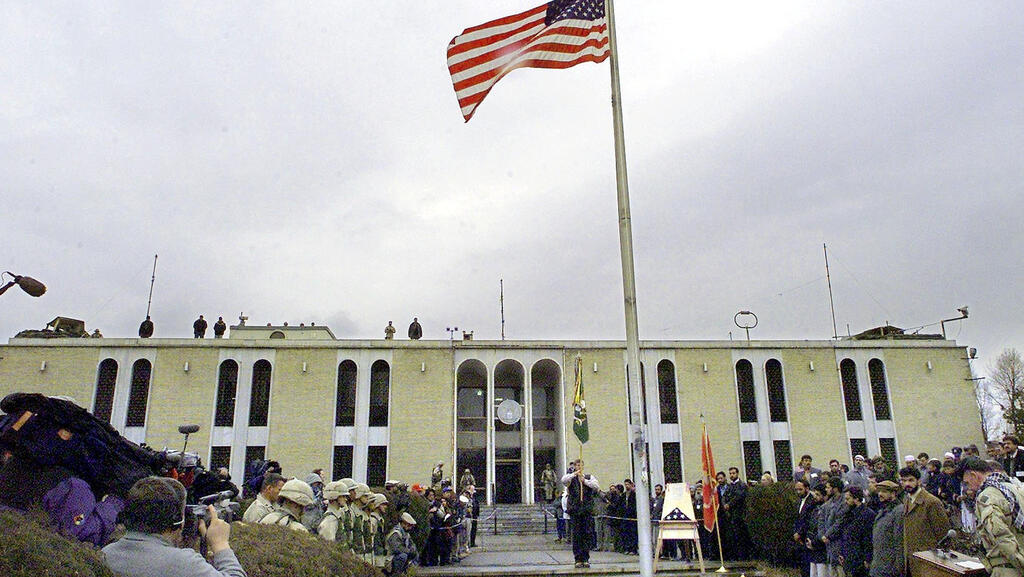The terror attacks on September 11, 2001, were an unbelievable act of mass murder not only in the eyes of the United States but in the eyes of the entire Western world. Those events also served to bolster the radical Islam, which saw the attacks as an incentive to continue its violent campaign against the West and its culture.
Nevertheless, 2,977 people who were killed in the World Trade Center in New York, the Pentagon and United Airlines Flight 93 that crashed in Pennsylvania did not die in vain. They forced the whole world to focus on the danger posed by radical Islam. So, in a way, the victims of the 9/11 attacks actually saved the lives of millions of people around the world.
The 9/11 attacks led to the understanding, not only in the U.S. but in the entire world, that the hostility of the Jihadist movement has nothing to do with economical, nationalistic or even political motives. It's a religious war that only has one purpose - you either live by our rules or you die.
The free world, alongside Russia and China, understood that Islamists aim to destroy the Western culture not only in Muslim countries, but all over the world, and replace it with Sharia, or Islamic law.
Bringing the war to the enemy's doorstep
Even before the 9/11 attacks, the whole world, including Arab countries, had to face fundamentalist Islamic movements. For instance, Russia had to fight against radicals in Afghanistan and Chechnya. China fought against radical Islamic Uyghurs in Xinjiang Province following several deadly knife attacks in 2014. India is also battling radicalized Muslims who threaten its territory, like those who committed the 2008 Mumbai attacks, which killed over 170 people.
Still, it was only after the whole world witnessed Al-Qaeda's "creativity," their ability to plan massive attacks and the amount of damage and destruction they dealt to the American power symbols, it became clear the new radical phenomenon must be stopped before it's too late.
What was surprising is the willingness of some Arab countries, especially Saudi Arabia which at some point was one of radical Islam's biggest supporters, to contribute to the War of Terror - started by the West in wake of 9/11. Because even Saudi Arabia realized it has created a monster, which now threatens it almost as much as it threatens the West.
The outcome of that war was impressive. As soon as the U.S. proclaimed that Islamic terrorism must be uprooted as soon it is conceived and not after it strikes in countries and societies which it hellbent on destroying, the rest of the world followed suit.
Unfortunately, the U.S. was not consistent enough with this principle. As a result, Al-Qaeda's chief Osama Bin Laden could find shelter in Pakistan after fleeing Afghanistan, while the Muslim Brotherhood succeeded under former U.S. President Barack Obama to take over Egypt - albeit for a short period of time.
The U.S., therefore, paid a heavy price because they weren't stern enough with their alleged ally Pakistan, which did not allow the Americans to operate in tribal areas close to Afghani border. The area is not only where Bin Laden found himself a safe haven following 9/11 but also where 15 years later, the Taliban developed its opium trade, thanks to which they managed to capture Kabul last month.
If only U.S. demanded Pakistan's approval to operate on that territory against the Taliban and Al Qaeda, things could have ended differently and America's war in Afghanistan would not have lasted that long. But, what's worse is that Pakistan's intelligence officials were the ones who founded the Taliban in the first place, and they were the ones who supported it, and still support it to this day - a fact that the U.S. seems to ignore.
Nevertheless, due to the approach that the War on Terror must be brought to the enemy's doorstep, Al Qaeda is no longer a danger they used to be, while ISIS, which between 2014-2017 established and managed their vicious reign in Iraq and Syria, have shrunk to a small-scale terror organization.
New alliance
Another outcome of the War on Terror was the U.S.-led formation of a new, impressive military coalition along with some NATO member states. That coalition fought in Afghanistan, controlled the country for 20 years and stopped Al Qaeda's terror reign. The alliance also gave NATO a new sense of purpose that was lost when the Soviet Union collapsed, ending the Cold War.
The Americans didn't just unite the Western world, they managed to force Russia, China, a few Arab countries and Israel to share their intelligence with them, making the War on Terror exceptionally efficient and eventually leading the U.S. to Bin Laden.
From Israel's point of view, the 9/11 attacks placed it in a more "comfortable" position in the eyes of the international community. Finally, the Western world could understand the threats posed by Islamic terror, which Israel has been dealing with for years. Furthermore, Israel's intelligence agencies, and even the IDF, became an important ally in the fight against global terrorism.
Something Taliban can't destroy
In the past few weeks, following Taliban's takeover of Afghanistan and the horrible images coming out of Kabul, many criticized U.S.'s decision to invade Afghanistan in the wake of 9/11 attacks - which eventually became the starting point for the War on Terror.
The critics, however, can't ignore the positive aspects of that invasion. Taking control of Afghanistan 20 years ago had planted the seeds of the Western culture in a world where human rights are not the main concern, to put it mildly.
The Americans, and the Western coalition, brought freedom and semblance of equality to women, which is vital for progress in any human society. In rural areas, even if these values have not been adopted, they are at least being talked about. The Americans in Afghanistan created a Westernized middle class, and it is something even the Taliban will not be able to completely destroy.
The way I see it, Afghanistan is not lost. But the Americans made the mistake of trying to do the impossible. They tried to build a democratic nation in a country that is isolated in the middle of Asia, without a way out to sea, and that has for centuries been engulfed in civil wars.
Of course they failed. Just like the British failed in the 18th century and the Russians in 19th and 20th centuries.
Another mistake the Americans made was opening a new front in Iraq in 2003. A decision that was made by former U.S. President George W. Bush, even though its ruler Saddam Hussein didn't threaten the U.S. nearly as much as Al Qaeda and the Taliban.
Either way, the events of 9/11 were a turning point in the global fight against Islamic, radical, fundamentalist, jihadist terrorism, and this must not be forgotten.


